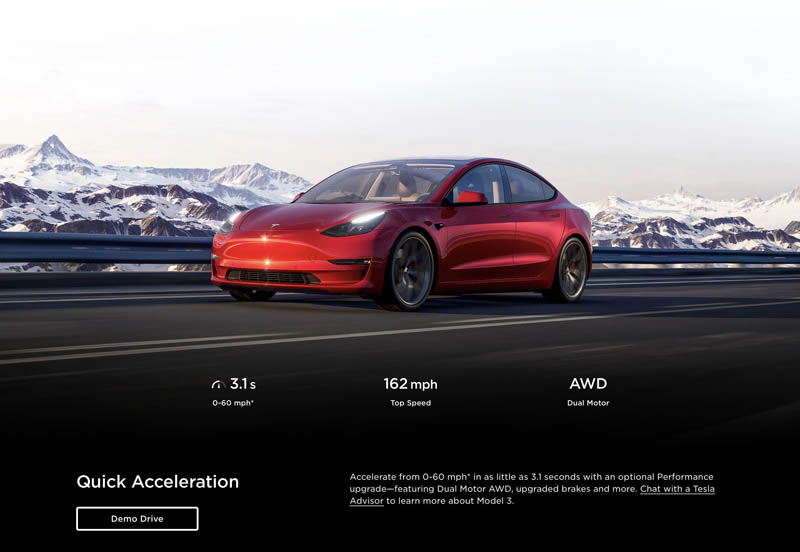As the world moves towards a more sustainable future, the auto industry is undergoing a significant shift towards electric cars. While this shift promises to bring many benefits, such as reduced emissions and increased efficiency, it is also accompanied by a range of anxieties. GearMusk will explore the three main anxieties surrounding electric cars: range anxiety, smart anxiety, and resale anxiety, as well as a fourth anxiety that is often overlooked: class anxiety.
Range Anxiety: The Fear of Running Out of Power
Range anxiety refers to the fear of the battery dying before you reach your destination. It’s a reasonable concern for many first-time EV owners who are used to gas-powered cars with a range of 300 miles or more per tank. Most affordable EVs today offer 150-250 miles of range on a single charge, enough for most daily driving and commuting needs, but not necessarily long-distance travel.
For longer trips, drivers have to map out charging stops, allowing an extra 30-45 minutes of charging time for every 100-150 miles of added range. Not exactly convenient. As Brett Smith, director of propulsion technologies at the Center for Automotive Research says, “Range anxiety is a real issue for most mainstream buyers. Until we see solid evidence that the average EV has a real range of 250 miles and that charging infrastructure is widely available, it will continue to be a challenge.”
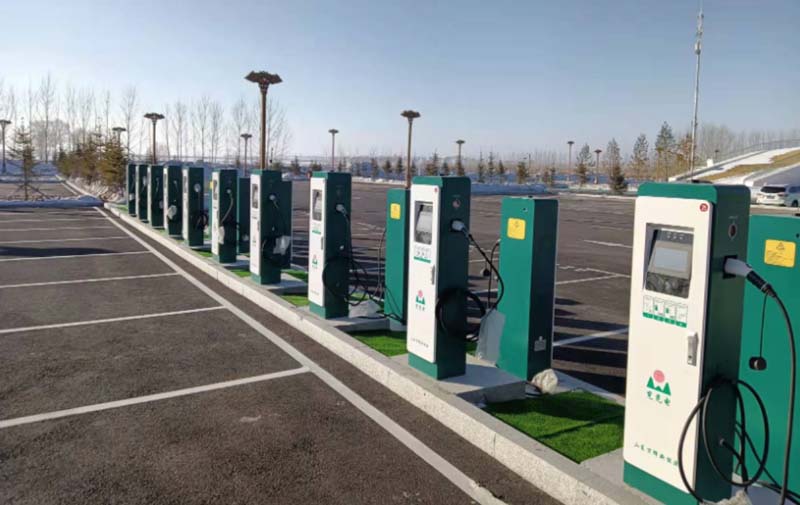
Additionally, the development of a robust charging infrastructure is making it easier for drivers to charge their electric cars on the go. Many companies, including Tesla and Electrify America, are investing heavily in building a network of charging stations across the country, making it easier for drivers to travel longerdistances without worrying about running out of power.
Smart anxiety: Can I trust the technology?
EVs rely heavily on software and technology to optimize range and performance. Connected features like onboard navigation, charging management, and battery monitoring aim to provide a seamless EV experience. However, concerns about connectivity, software glitches, and cybersecurity risks lead to “smart anxiety”. Drivers worry whether these complex systems will work reliably and safely, especially as vehicles become more autonomous.
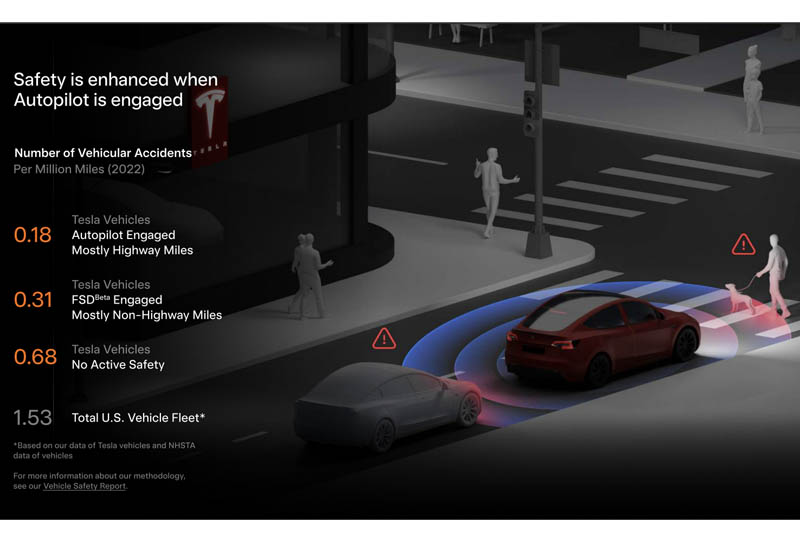
Software is “the new engine” for EVs according to Javier Verdura, Global Director of Product Management, Connected Car & Mobility Services at Thales. Verdura says, “The connected and software-defined vehicle is enabling innovative services that improve safety, comfort, and efficiency. At the same time, it is increasing the attack surface and potential vulnerabilities.” Over-the-air software updates that add new features also bring risks if not implemented properly. Smart anxiety reflects the uncertainty of how well automakers and suppliers can secure vehicles and protect drivers in this new era of software-defined transportation.
However, it’s worth noting that electric cars are built with many safety features that are not present in gasoline-powered cars. For example, Tesla’s Autopilot system uses advanced sensors and cameras to monitor the car’s surroundings and make driving safer. Additionally, electric cars are often equipped with over-the-air (OTA) software updates, which means that the car’s software can be updated remotely, much like a smartphone.
Resale anxiety: How much will my EV be worth?
Unlike gas-powered cars which hold value well due to a stable technology and secondary market, EVs may depreciate more quickly. Several factors drive resale anxiety with EVs. First, EV technology is advancing rapidly, so newer models often offer significantly improved range and capability over older ones. Your once advanced EV may seem outdated in just a few years.
Additionally, concerns about replacement battery costs and lack of long-term reliability data may impact resale values. A new EV battery currently costs between $5,000 to $15,000 depending on the vehicle and range, a potential deal-breaker for used EV buyers.
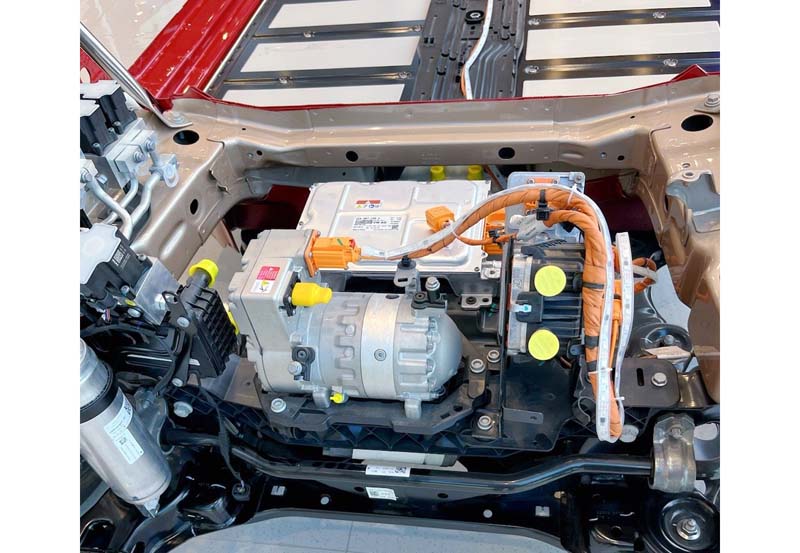
However, it’s worth noting that many electric cars hold their value well. For example, Tesla’s Model S, Model X, and Model 3 have consistently been ranked among the top cars in terms of resale value. Additionally, as the market for electric cars grows, the availability ofreplacement parts and maintenance services will also increase, making it easier for drivers to maintain and repair their electric cars.
An overlooked anxiety: Loss of status?
For luxury brands like BMW, Mercedes-Benz, and Audi, there may be an additional anxiety at play: loss of status. Their brands are intertwined with performance, prestige, and an exclusive driving experience. Can they recreate that mystique with an EV?
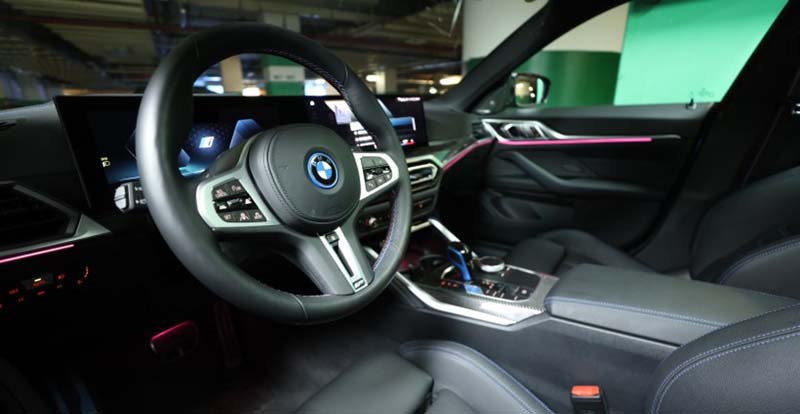
maybe not. EVs are a high-tech consumer product, not a symbol of status afforded by a handcrafted German performance engine. An EV with an advanced autonomous system may even drive itself, eliminating that feeling of being in total control of a finely tuned driving machine. For some die-hard drivers of luxury sports brands, the move to EVs elicits a certain wistfulness for the era of luxury performance cars that established their brand reputations. The automakers themselves grapple with how to retain brand identity as they transition to an all-electric future. One solution: redefine status and prestige through leading-edge EV performance, design, and experience.
As battery technology continues to improve, and the charging infrastructure becomes more robust, the range anxiety will become a thing of the past.
The auto industry’s move to EVs is accelerating, driven by regulations and enthusiastic consumers embracing a more high-tech transportation experience. But for all the benefits of EVs, anxiety persists. Overcoming feelings like range anxiety and resale anxiety will depend on continued improvements in EV range, charging infrastructure, battery tech, and affordability. Luxury brands must reimagine the experience of status and performance. And solutions for smart anxiety will require close collaboration between automakers, suppliers, and partners to ensure the security and reliability of software-defined vehicles.
